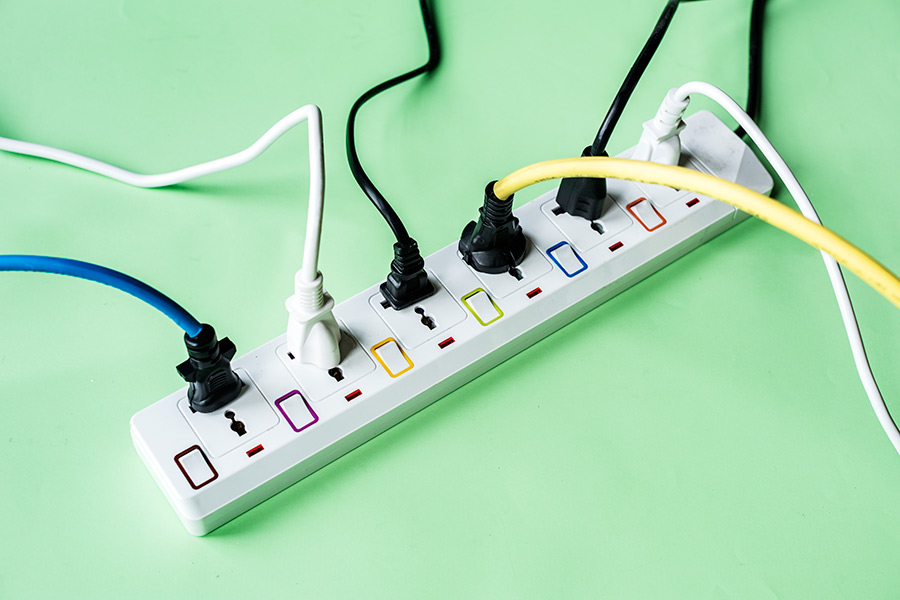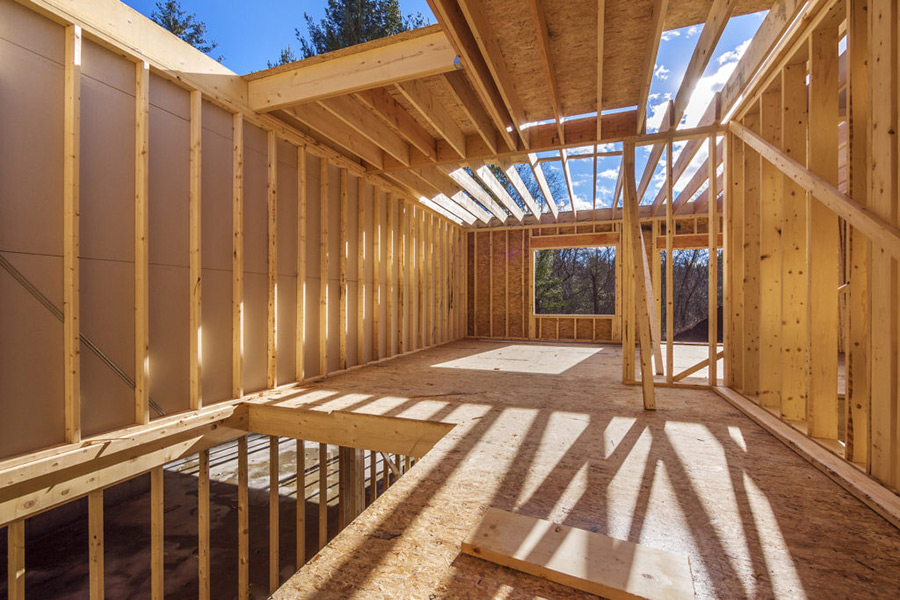
Activity in the housing market has decelerated a bit from the fast-paced environment we saw over a year ago.That being said, it helps to know where the market stands when buying or selling a property. Currently the inventory of available homes for sale is very low, making it still a seller’s market. Since there are fewer homes available, sellers are at an advantage.
What Makes it a Seller’s Market?
A seller’s market occurs when demand exceeds supply. In other words, there are many interested buyers, but the real estate inventory is low. The latest Existing Home Sales Report from the National Association of Realtors (NAR) shows housing supply is still unusually low. Today, we have a 2.6-month supply of homes at the current sales pace. A “normal” or “neutral” market is one in which a 6-month supply is available for active buyers.
In a seller’s market, homes sell faster, and buyers must compete with each other in order to score a property. These market conditions often make buyers willing to spend more on a home than they would otherwise. Therefore, sellers can raise their asking prices. The increased interest means that buyers rarely have the power to negotiate and are more willing to accept properties “as-is”. This could also lead to bidding wars where buyers make competing offers and drive up the price usually above the original asking price.
Tips for Buyers
Don’t Dawdle
Whenever there’s a limited supply of houses on the market and an ample amount of interested buyers, time is of the essence. Don’t drag your feet on a house you know you want to buy, you may find that it’s no longer available by the time you wish to make an offer. Another way to speed things up is to get preapproved for a loan ahead of time, so your financing is in order when you need it.
Don’t Settle
Acting fast sometimes means buyers will end up making offers on homes they otherwise wouldn’t be interested in because they’re tired of losing out. Remember, buying any property is a huge investment and often a 30-year commitment to a mortgage payment. Don’t settle on a home just because it’s the only one available. Unless you have to move immediately, it may be a better idea to wait it out and resume your home search after the market cools down.
Be Realistic
Buyer’s in a seller’s market are at a disadvantage. A seller’s market is not the time to try to push contingencies, concessions, specific closing dates or repairs. If there are certain stipulations you want written into the contract, think hard about whether they’re worth losing the property over. If you can make an all-cash offer, you should. Sellers prefer buyers who are willing to buy the house with cash because they don’t have to worry about the deal falling through due to issues with financing.
Tips for Sellers
Preparation and Pricing is Key
Since sellers must compete with each other to attract buyers in a seller’s market, listing a home that is in good condition and that has been thoroughly cleaned and organized will increase interest in your property. Knowing that homes tend to sell for more money in a seller’s market, it still helps to list your home for a fair price. If you set your asking price at or slightly below fair market value, you’re likely to attract more interested buyers. Some sellers choose to list their homes for slightly less than the assessed value in order to encourage a bidding war.
Check For Pre-approvals and Contingencies
For any buyers who require financing, you should ensure that they have been pre-approved for a loan. Knowing that a buyers’ finances and credit history have been verified makes it far more likely they’ll be able to obtain a loan for a specific amount of money. Offers that include restrictions, like mortgage contingencies, home sale contingencies, appraisal contingencies and inspection contingencies, enable buyers to back out of sales contracts if certain conditions aren’t met.
Choose Wisely
Sellers are often so focused on choosing the highest offer that they forget to examine the financial strength of each buyer. You never want to accept an unrealistic offer and be forced to put your home back on the market when the deal eventually falls through. The longer your home is on the market, the more questionable it will seem to buyers, and could invite lower offers or time consuming negotiations.




